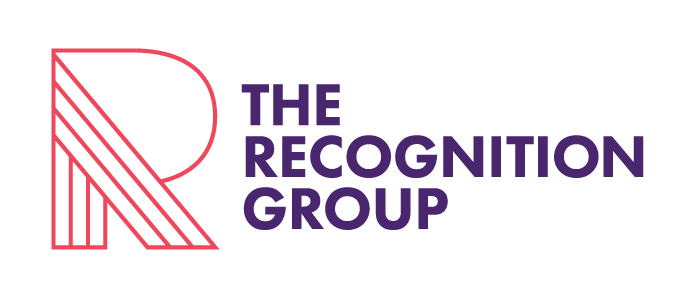How to choose the right marketing automation solution
By managing director Adam Benson
I was at the SalesForce World Tour Sydney event and there were lots of delegates trying to make sense of what exactly was on offer, why they’d need it and whether they were the right fit for specific solutions. There were a lot of options to consider.
Maybe it’s time for a quick refresh on what the difference between CRM, ERP, marketing automation, salesforce automation and a few tools in between are. Many technology firms would describe themselves as one or the other of these – yet the functions they offer customers can be somewhat similar. It is a confusing space at the moment, particularly if you haven’t followed the evolution of this kind of technology.
Types of marketing automation available
CRM – customer relationship management
CRM started life as a way to record and manage customer (not prospect) information. It was a way to keep track of who your customers were, what they had bought from you (and how much), where they were located, when they were last communicated with, their contact information and other relevant data. CRM was partly about having better control over customer information in order to deliver a better customer experience.
CRM providers then began adding elements of sales force automation and marketing automation to their capabilities, with some also interfacing with financial systems.
Sales automation software
Created to improve visibility to the sales organisation and track and manage pipeline. Sales automation software was a tool that supported sales consultants, sales managers, financial controllers and others concerned with sales performance. It helped track sales activity for each sales person, total pipeline status (by product/territory/sales group etc), projected sales revenue and helped companies move away from decentralised spreadsheets and unmanaged sales processes to ensure more predictability in revenue. Many of these software companies added CRM, marketing automation and accounting functions.
ERP – Enterprise resource planning
ERP was designed to support manufacturing environments, particularly with complex supply chains. It connected the demand for manufacturing inputs with inventory status, transport and logistics schedules, supplier information and contract management, customer demand modelling, finance and many other facets of these businesses. Many ERP vendors now include CRM, sales force automation and full accounting suites as part of their solution.
Marketing automation software
This technology was specifically designed to help companies build campaigns that deliver the right content to the right prospect at the right time on a one-to-one basis, increasing sales as a result. This technology lets you create buyer personas, build campaign flows and then delivers campaigns across multiple channels. This software has either come from pure-play marketing automation companies, or has been added to CRM, sales automation, ERP or accounting software company technology solutions.
Email marketing software
This technology was, in many ways, a precursor to marketing automation. However it focused primarily on sending emails to prospects and customers to generate new business activity. Today email marketing software often includes its own CRM database or integrates with sales force automation, CRM, ERP or accounting platforms.
Accounting software
Probably one of the better understood technologies by business owners. Increasingly accounting software packages include CRM, marketing automation and sales planning tools.
Other technologies that often include some elements of CRM, sales force automation or financial modules are:
– Procurement management
– HR solutions
– Service desk
– IT management software
– Partner Relationship Management (IT channel)
– Call centre solutions
So, how do I choose the right marketing automation solution?
This is not an exhaustive analysis. The main point is to recognise that several quite separate software sub-industries have been rushing to own all aspects of the customer journey and there is significant overlap between them as a result.
What’s important, if you’re in the market for marketing automation tools in particular, is understanding the heritage of these technologies, their completeness in relation to the elements you most need and the kind of partner ecosystem they have built around their brand.
Our marketing consultants at Outsource work with many B2B organisations that have reached the scale-up point for their sales and marketing and have selected a marketing automation tool – but need help to ensure all of the paid-for functions are put to good use.
As well as advising on which marketing automation solutions would best suit your company’s needs we can also help build buyer personas, campaign flows (or buyer journeys) and produce content (design and copy) to fuel your system.
